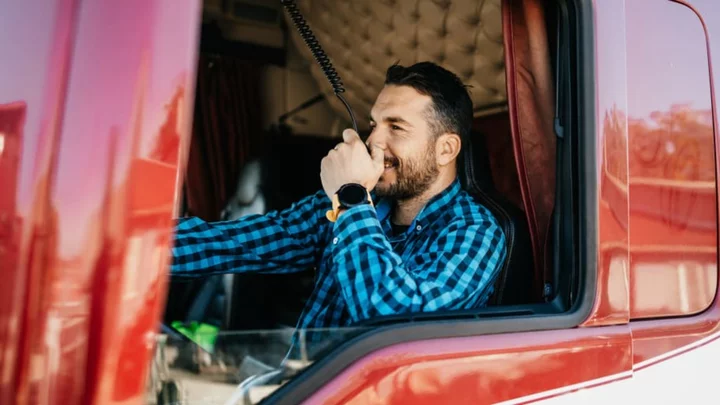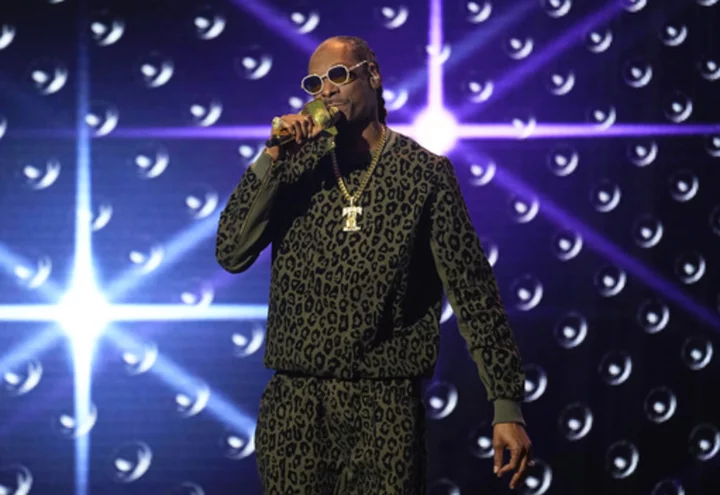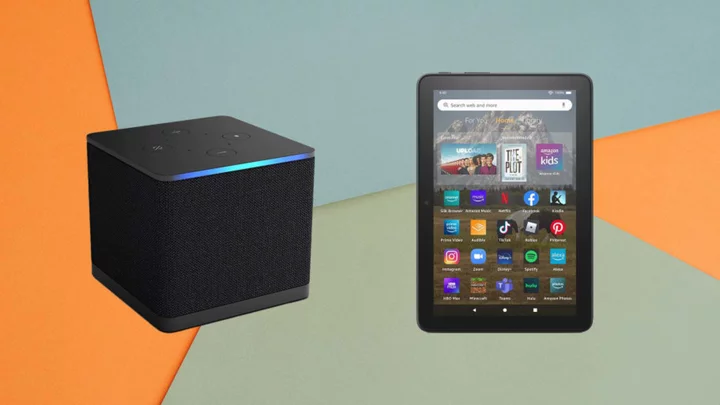Some truck driver slang makes sense with little to no explanation. Bambi, for example, signals that there’s a deer nearby; and diesel fuel is sometimes called go-go juice. But unless you’re familiar with the history of radio, the origins of 10-4—meaning “Message received” or “OK”—may not seem so obvious.
A Brief History of “10-4”
As Dictionary.com reports, 10-4 is part of a collection of “ten-codes” developed by Illinois State Police communications director Charles Hopper in the late 1930s. Two-way car radios had just been invented, and the codes were an especially efficient way for police officers to transmit messages to each other and back to headquarters. In 1940, the Associated Police Communications Officers, or APCO (now the Association of Public-Safety Communications Officials International), published a list of nearly 100 ten-codes to help standardize usage across state lines. 10-1 meant “Receiving poorly,” 10-2 meant “Receiving well,” 10-3 was for “Stop transmitting,” 10-4 signaled “Acknowledgement,” and so on.
Tacking a 10 before each number was a troubleshooting tactic. Since radio motor-generators weren’t yet high-tech enough to jump into action as soon as someone started transmitting, the person on the receiving end frequently didn’t hear the beginning of the message. But if the beginning of every message was the same meaningless 10, it didn’t matter.
Thanks in part to how often Broderick Crawford uttered “10-4” on the 1950s police drama Highway Patrol, the phrase gained a broader audience. And when truck drivers started communicating via two-way radios, they co-opted that and other ten-codes, too.
More Articles About Truck Driving:
How do truckers communicate?
Their radios were typically citizens band radios, or CB radios, a type of short-distance device that the Federal Communications Commission started regulating in the 1940s. CB radio usage boomed in the wake of the 1973 oil crisis, when 55-mph speed limits were instituted across the nation and truckers needed a way to warn each other about speed traps [PDF]. But the technology wasn’t just used for one purpose or by one demographic. As The New York Times put it in 1983, CB radios were “a sociological phenomenon that turned the highways of the 1970s into a giant chattering social circle.”
Truck drivers’ CB radio shorthand took on a life of its own during the era, bolstered by the popularity of C.W. McCall’s 1975 hit “Convoy.” The song, about a cross-country convoy of trucks, is fit to burst with truckers’ terms—10-4 included—and actually inspired the 1978 road action movie of the same name, starring Kris Kristofferson and Ali MacGraw.
While CB radios aren’t quite so ubiquitous these days, plenty of truck drivers still have them—and 10-4 has yet to fall out of fashion as the go-to code for “Acknowledgement.”
[h/t Dictionary.com]
A version of this story originally ran in 2022; it has been updated for 2023
This article was originally published on www.mentalfloss.com as Why Do Truck Drivers Say “10-4”?.









